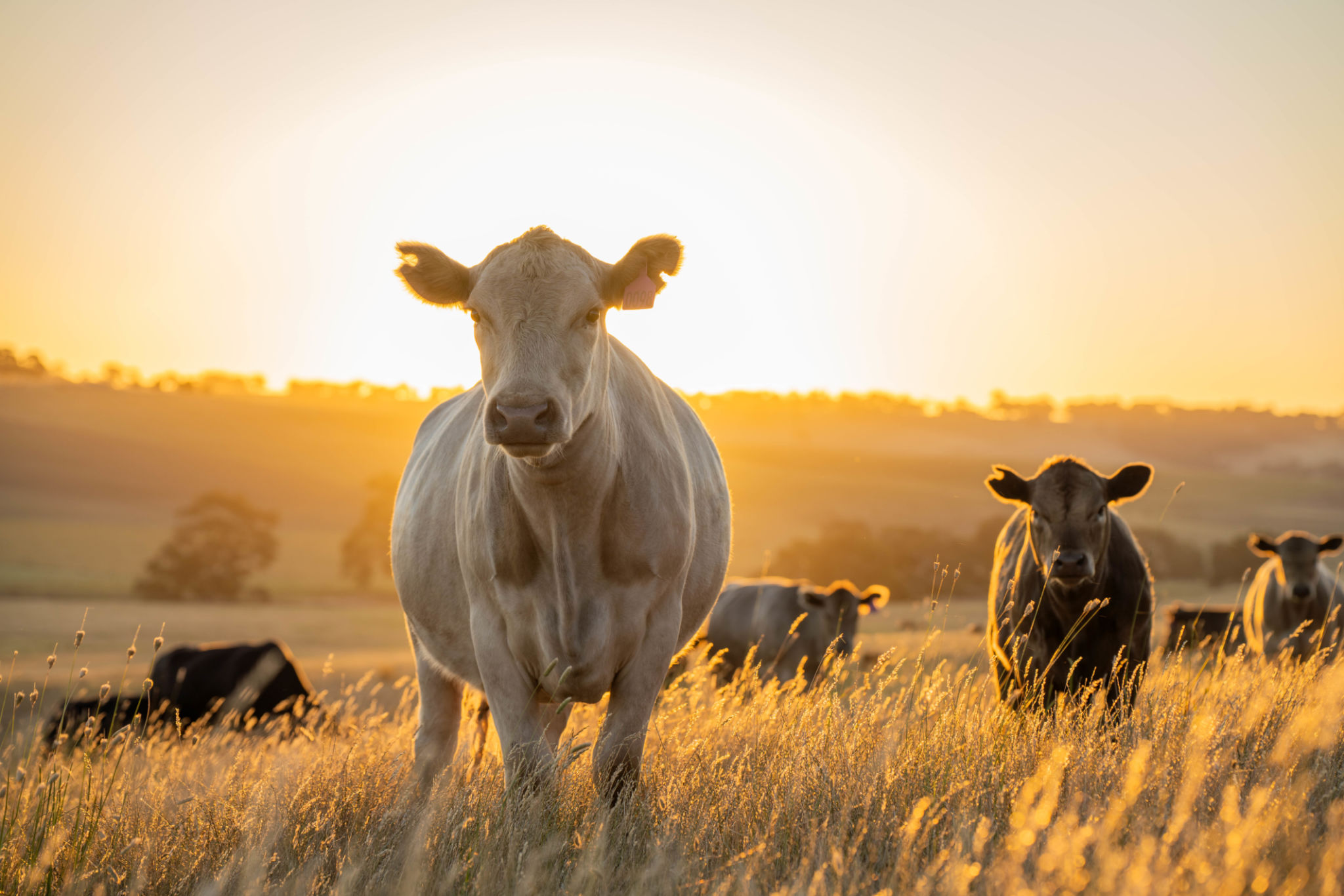Regenerative Agriculture in the UAE: How It Can Transform Your Business
Understanding Regenerative Agriculture
Regenerative agriculture is a groundbreaking approach that goes beyond sustainability to actively improve and regenerate the health of ecosystems. This method focuses on enhancing soil health, increasing biodiversity, and creating resilient agro-ecosystems. In the UAE, where agriculture faces challenges due to arid conditions, regenerative practices can offer innovative solutions that transform not only the environment but also agricultural businesses.

The Benefits of Regenerative Agriculture in the UAE
Adopting regenerative agriculture in the UAE can lead to numerous benefits. Firstly, it can significantly enhance soil fertility and water retention, crucial for farming in desert climates. By using practices like cover cropping and minimal tillage, farmers can improve soil structure and increase its ability to hold water, reducing the need for irrigation.
Moreover, regenerative agriculture can help combat climate change by sequestering carbon in the soil. This not only contributes to environmental sustainability but also positions businesses as key players in global climate action efforts. Implementing these practices can lead to long-term cost savings by reducing the need for synthetic fertilizers and pesticides.
Economic Opportunities for Businesses
Beyond environmental benefits, regenerative agriculture offers substantial economic opportunities for businesses in the UAE. As consumer demand for sustainably produced goods rises, businesses that adopt these practices can capitalize on this trend, accessing new markets and attracting environmentally conscious consumers.

Additionally, companies involved in regenerative agriculture can benefit from government incentives aimed at promoting sustainable practices. These incentives can help offset initial investment costs, making it more feasible for businesses to transition to regenerative methods.
Implementing Regenerative Practices
Transitioning to regenerative agriculture involves adopting practices such as crop rotation, agroforestry, and integrated livestock management. These practices not only improve soil health but also boost biodiversity and ecosystem resilience. Businesses can start small by integrating one or two practices and gradually expand as they see results.
Collaboration with local research institutions and agriculture experts can provide valuable insights and guidance during this transition. By leveraging local knowledge and expertise, businesses can tailor regenerative practices to suit the unique environmental conditions of the UAE.

Building a Sustainable Future
As businesses in the UAE explore regenerative agriculture, they contribute to building a more sustainable future. This approach not only addresses immediate agricultural challenges but also ensures long-term viability and resilience against climate change impacts. Regenerative agriculture represents a holistic approach that aligns economic growth with environmental stewardship.
In conclusion, adopting regenerative agriculture in the UAE is not just an environmental imperative but a strategic business decision. By embracing these practices, businesses can enhance their competitiveness, tap into new markets, and play a crucial role in fostering a sustainable future for generations to come.
